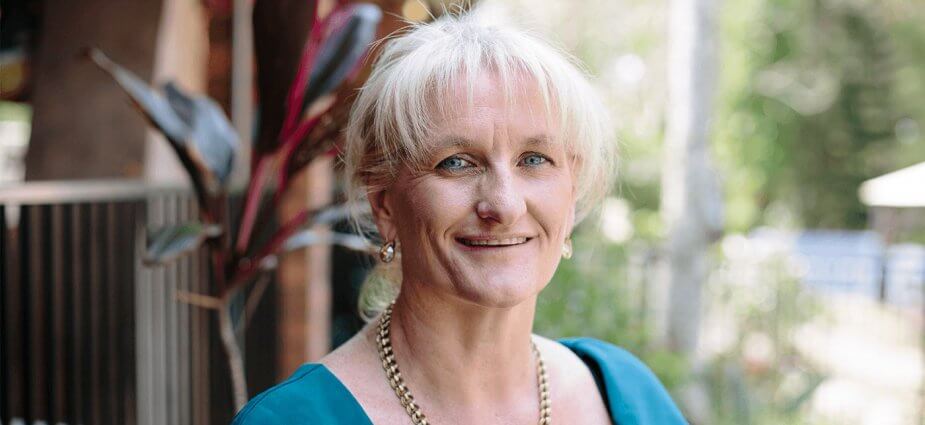When Simone Patterson found out most refuges do not take pets or boys over 12 years old in she decided to act, founding The Sanctuary Women, Children and Pet Refuge on the Gold Coast in 2016.
“Women simply will not leave their pets behind,” says Patterson. “They know that they are vulnerable to abuse too and would rather stay than risk their beloved animals’ health and welfare. We have seen women arrive at the refuge with dogs with spinal injuries from being kicked and cats with their tails broken. These animals get in the middle of the violence, especially dogs who will always try to protect their female owner. Women know that if they leave their animal is at risk and stay in danger themselves rather than risk that. Government-funded domestic violence lines say – get rid of your pets and we will help you. Don’t and we can’t. So these women stay.”
Patterson, a former prison officer in NSW Corrective Services, counsellor and Social Worker, says she has seen both sides of the domestic violence argument. “Working mainly in male maximum security gaols I saw a lot of perpetrators turning up who have killed their partners in domestic violence incidents, or seriously injured with grievous bodily harm. I am aware that in a lot of these instances the family pet has been used as a weapon, with the perpetrator aware that threats against animals are easily carried out and laws are so weak in protecting them, that women will stay to ensure their pets’ welfare. These men are also aware that there is nowhere for women to go with a pet. One woman who came to our shelter was sleeping under a bridge with her child and dog, aware this means child protection could remove her child if she was homeless, but took the risk to keep her pet safe.”
Patterson estimates she currently turns 20 women a day away from the shelter simply because she doesn’t have the space, Patterson’s concerns are not alone. The Safe Steps Family Violence Response Centre in Victoria receives 90,000 calls for help each year. Of those, 9000 are from people concerned about their pets, and in about 40 per cent of those cases, the animals have been hurt. In Queensland, Pets in Crisis offers one-month fostering of pets for women feeling domestic violence. However, Patterson points out that the average stay in a women’s’ shelter is three months, meaning after four weeks the pet has nowhere to go. “It is traumatic enough giving up these animals,” say Patterson, “but to do it twice is too cruel. If the women don’t have a place to take their pets after a month, the pets are given to pounds and, if not adopted, are euthanised. This compounds grief – losing a relationship, home and pet – for the woman and her children.”
Readers also enjoyed this story about Women United Project.












